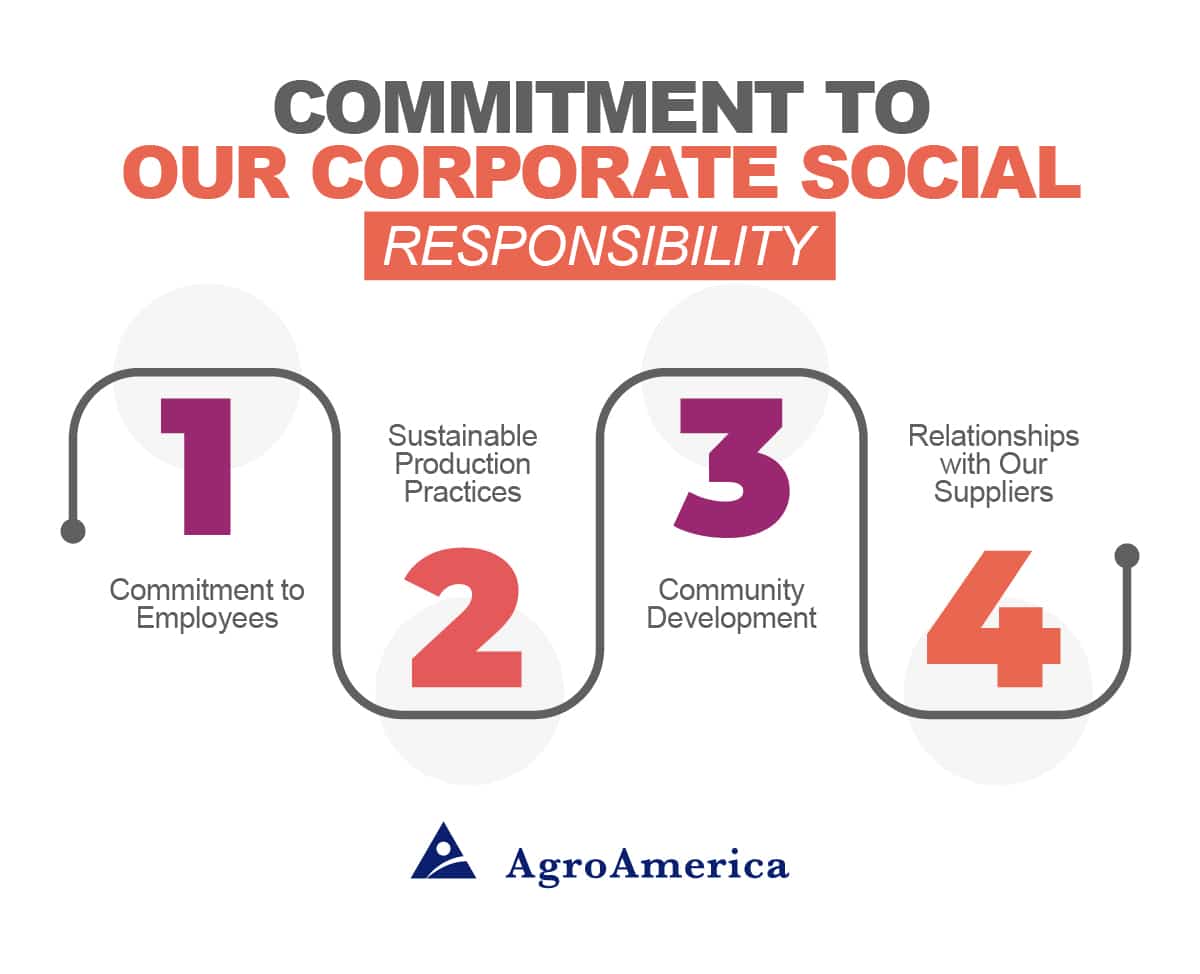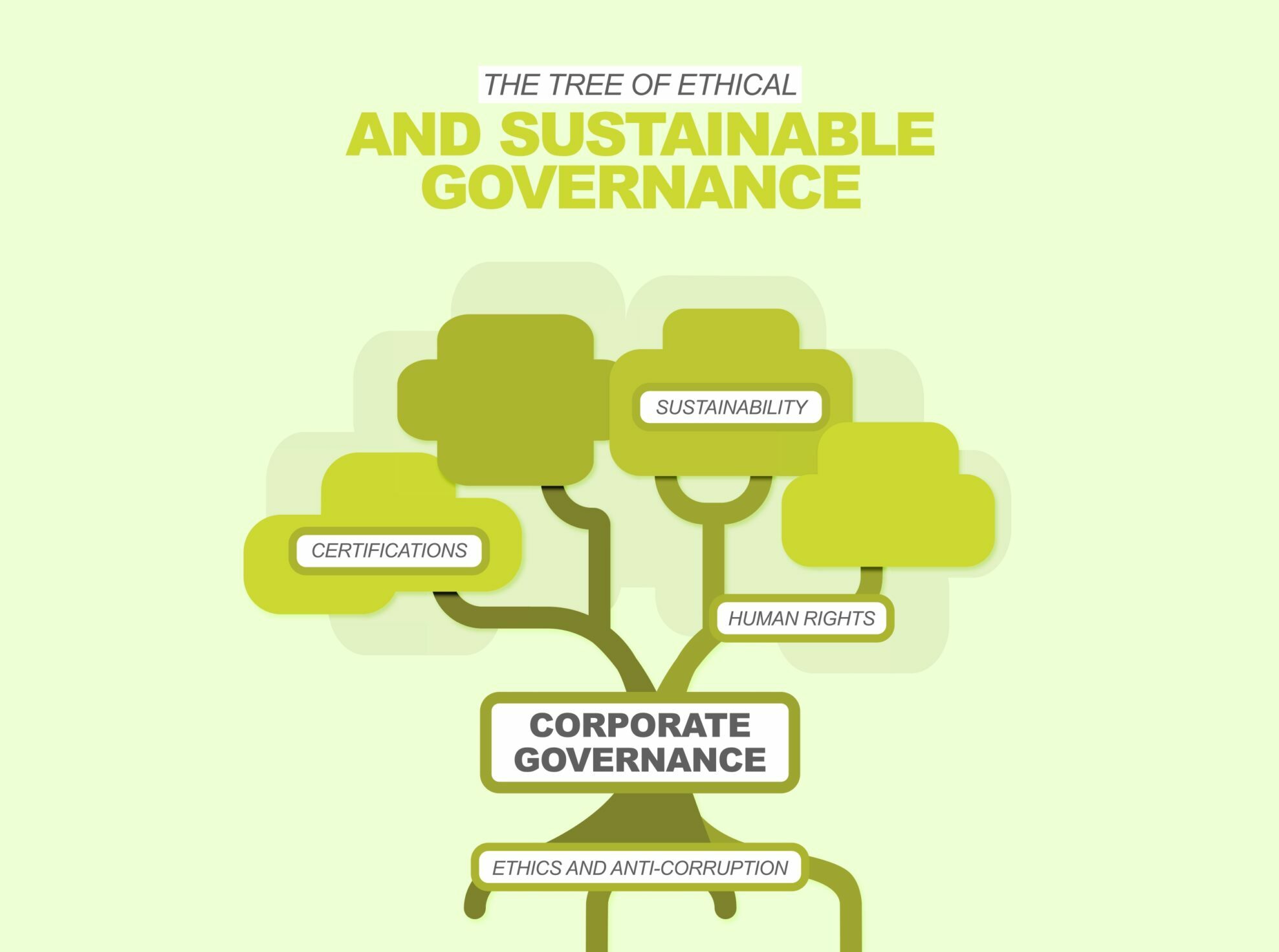Keys to Building a Strong Brand Identity
Keys to Building a Strong Brand Identity
Developing a strong and competitive brand identity results from a well-executed strategy. It is a process that goes beyond creating an attractive logo or crafting a catchy slogan. Instead, it is about shaping an image that is coherent, consistent and genuinely embodies the essence of the organization.
Why is it important to understand and define the brand identity?
A brand is the complete experience customers and other stakeholders have after interacting with the company, its products, or services. Therefore, it is crucial to understand and communicate the hallmark of a brand and what makes it unique. A strong brand is built from the organization’s soul, values, mission and vision. A well-defined brand conveys a clear message to its audiences. In this way, they will know what to expect from a company and recognize their products or services among others in the market. Making a brand easily identifiable and memorable can be crucial to business success.
Consistency
Consistency is vital to building a solid brand identity. Everything, from the graphic line of the brand to the focus on its business actions, must be consistent and reflect the brand identity. Consistency conveys professionalism and helps build trust and recognition among the public. AgroAmerica has strived to be consistent in our messages and actions, working to build relationships of trust with our customers, employees, suppliers, and communities through an ethical, responsible, and sustainable operation.
Authenticity
In today’s world, authenticity has become an essential ingredient for a strong brand identity. Brands that are authentic and transparent in their communication tend to earn the trust and loyalty of their customers. Authenticity involves being true to the company’s values, being honest in communication, and maintaining integrity in all actions. Our authenticity consists in staying true to our values in all aspects of our business. This approach has allowed us to build a strong and respected brand identity in the agricultural industry.
Emotional Connection
Establishing an emotional connection with customers is crucial to promoting brand loyalty. This emotional connection is formed when customers feel the brand understands and values their needs and expectations. This link can be vital to developing lasting relationships with customers and stakeholders.
Implications of Building a Brand Identity
Building a solid brand identity is an undertaking that requires a clear strategy and constant commitment. It involves innovating to achieve authenticity, consistency, and a deep understanding of the values the brand represents.
AgroAmerica: A Solid Brand
At AgroAmerica, we take pride in the brand identity we have forged over the years. Our commitment to sustainable agricultural practices, respect for people and nature, and the desire to provide high-quality products have been the cornerstone of our brand identity. We continue working to strengthen and improve our brand. In this way, we make a difference and ensure our leadership in the sector.




